The Things We Want: Building a Legacy Through Intentional Investment
We often talk about the things we want—whether it's a successful career, financial security, or meaningful relationships. But have you ever paused to consider what "want" truly means and how it shapes your life and your legacy? The words we use, especially those like "want," carry profound implications for how we perceive and create our reality. While it's natural to express our aspirations in terms of what we want, it's essential to recognize that "want" can sometimes reinforce a mindset of lack and scarcity.
In the context of investing and building a legacy, the language we use can have a significant impact on the outcomes we achieve. Proverbs 18:21 tells us, "Death and life are in the power of the tongue, and those who love it will eat its fruits." This verse highlights the power of our words in shaping our lives. When we focus on wanting something, we may unintentionally adopt a mindset that centers on what we lack rather than what we desire to create. This is especially true in financial planning and legacy building, where the words we use can shape our approach to wealth and abundance.
The Power of Desire in Legacy Building
On the other hand, the word "desire" carries a different energy. Desire is defined as "to express a wish to obtain, ask for, or request." Unlike "want," "desire" is not rooted in lack but in intention. It is an active, purposeful expression of what you wish to bring into your life. In a society often driven by fear and scarcity, being mindful of the words you use can make a significant difference in how you shape your future.
Warren Buffett, one of the most successful investors of all time, once said, "The most important investment you can make is in yourself." This quote underscores the idea that desire, when coupled with intentional action, leads to growth and fulfillment. When you desire to build a legacy—whether for your family, your community, or yourself—you are not just wishing for financial success; you are setting an intention to create something meaningful and lasting.
The Journey from Desire to Manifestation
Desire is a neutral term that signals an orientation toward a particular goal. When you desire something without attachment, you align your intention with the object of your desire, setting yourself on a path to obtain it. However, even desire can carry a certain intensity—a sense of striving that may border on frustration if not managed properly. I prefer to use the term "wish" when referring to unattached intent. Wishing has a lighter, more playful feel, like setting sail toward a horizon you can already see. The destination is in sight, and you naturally move towards it, even if you haven't begun the journey.
When desire becomes attached, it turns into "want." Wanting something creates a mental narrative of lack—"I don't have this, and I want to possess it." This mindset introduces suffering, as the gap between where you are and where you want to be becomes a source of frustration. The Apostle Paul warns against this in Philippians 4:11-12, where he says, "I have learned in whatever situation I am to be content. I know how to be brought low, and I know how to abound." Paul's wisdom teaches us that contentment comes from focusing on the journey rather than fixating on what we lack.
The Dangers of Need and the Importance of Requirement
As we move further along the spectrum of desire, we encounter "need." Need is a more intense form of want, where the object of desire becomes something we identify with so strongly that it feels essential to our well-being. When we need something, we suffer until we obtain it—and even then, the satisfaction is fleeting. This is because no external object can provide lasting fulfillment. Jesus addresses this in Matthew 6:19-21: "Do not lay up for yourselves treasures on earth, where moth and rust destroy and where thieves break in and steal, but lay up for yourselves treasures in heaven... For where your treasure is, there your heart will be also."
Understanding the difference between need and requirement is key to avoiding the pitfalls of scarcity. While need is rooted in identification and attachment, a requirement is simply something that must happen to achieve a goal. When we manifest our desires without attachment, we naturally acquire the resources we require to succeed. However, when we manifest with attachment, we either fail to attain our goal or manifest a distorted version that teaches us about our attachments.
Investing with Purpose and Wisdom
A common example of this distinction can be seen in how we perceive time. Many people experience time scarcity—constantly feeling like there isn't enough time to accomplish everything. However, when you shift your mindset from needing time to requiring it, you'll find that you have exactly as much time as you need. This shift from need to requirement allows you to live a life where scarcity doesn't control you.
Legendary investor Benjamin Graham once said, "The individual investor should act consistently as an investor and not as a speculator." This quote serves as a reminder that when you invest with purpose and wisdom, focusing on what you require to achieve your goals rather than what you want, you are more likely to build a lasting legacy.
Romans 12:2 encourages us to "be transformed by the renewal of your mind." By consciously choosing the words you use—both in speech and thought—you can transform your experience of life. Recognizing the subtle but powerful differences between desire, wish, want, need, and require will lead to more effective manifestation and a life filled with abundance rather than scarcity.
The Power of Choosing Our Words in Wealth Creation
Understanding the things we want is more than just identifying our goals; it's about recognizing how our language influences our journey toward those goals. Words like "want," "desire," and "need" are not just expressions of intent—they are creators of our reality. By shifting from a mindset of "want" to one of "desire" or "requirement," we can free ourselves from the limitations of scarcity and align our lives with abundance and fulfillment.
As Proverbs 16:24 reminds us, "Gracious words are like a honeycomb, sweetness to the soul and health to the body." The things we want can become the stepping stones to a life rich in purpose and satisfaction if we choose our words—and our intentions—wisely. By doing so, we not only create a legacy of wealth but also a legacy of wisdom and purpose that will endure for generations.

























